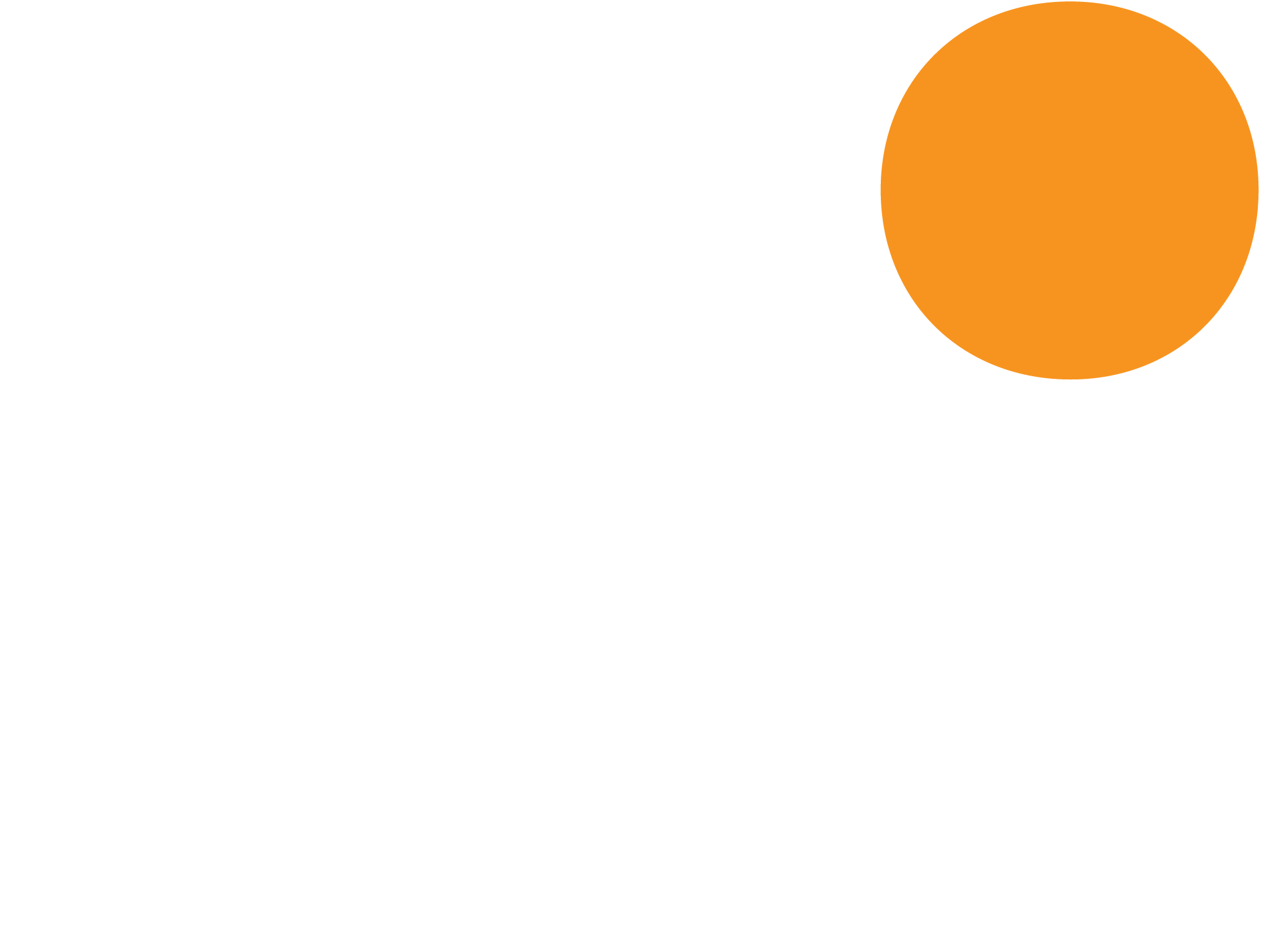In recent years, the UK has witnessed a concerning trend of increasing legislation, echoing the adage of Roman historian Tacitus: “The more corrupt the state, the more numerous the laws.”
This surge in lawmaking, far from being benign administrative adjustments, signals a shift in the state’s interaction with its citizens, potentially masking deeper governmental dysfunctions and eroding democratic freedoms.
For instance, the Online Safety Act 2023 represents a significant step towards government intervention in online speech and media regulation. Aimed at protecting users from online harms, this Act grants the government substantial influence over digital content, raising alarms about the erosion of freedom of expression and undermining regulatory bodies like Ofcom’s independence.
Similarly, the Public Order Act 2023, widely called the anti-protest bill, is emblematic of an increasing inclination to control and constrain public dissent. By expanding police powers and introducing new offences, this legislation effectively curtails the fundamental democratic right to protest, mainly targeting environmental and social activists. The Act’s broad scope and severe penalties pose a chilling effect on the right to assembly and expression, central pillars of a democratic society.
The Nationality and Borders Bill reflects a move towards a more restrictive and punitive approach. By penalising asylum seekers based on their mode of arrival and allowing the government to strip individuals of their British citizenship without notice, the bill not only challenges the notion of asylum as a human right but also raises serious questions about the state’s commitment to international human rights norms.
The proposed, though later scrapped, the Bill of Rights sought to overhaul the Human Rights Act 1998. Its potential implications were profound, poised to make it significantly more challenging for individuals to protect their rights and hold the state accountable for human rights violations. The pushback against this bill, which culminated in its abandonment, was a rare instance of restraint in an otherwise relentless march towards greater state control over individual liberties.
A pattern is emerging with the increasing government oversight and diminishing freedoms, fortunately, Bitcoin and decentralised technologies present an alternative narrative. Unlike traditional, government-controlled financial systems, Bitcoin offers a model of financial autonomy and transparency. It stands not just as a financial instrument but as a symbol of resistance against an overreaching state, embodying the principles of decentralisation and individual autonomy.
Central Bank Digital Currencies (CBDCs) represent another dimension in the growing nexus of governmental control. As countries, including the UK, explore or implement their digital currencies, these CBDCs threaten to close the surveillance loop, granting states unprecedented access to citizens’ financial transactions.
Unlike decentralised cryptocurrencies like Bitcoin, which offer a degree of anonymity and independence from governmental oversight, CBDCs are entirely state-controlled. This control allows for extensive monitoring and regulation of economic activities, dovetailing with the broader trend of increasing legislative overreach.
Implementing CBDCs is a complementary piece to the state surveillance and control puzzle, aligning with the expanding web of laws that constrain personal freedoms and rights.
Bitcoin’s role is not just about providing a financial alternative; it’s a call to evaluate and respond to the broader socio-political environment critically. The rising tide of legislation in the UK and globally reflects a shift from community-based governance to a more controlled, top-down approach. This shift not only challenges the essence of a democratic society but also threatens the social fabric that binds communities together.
The role of Bitcoin, in this context, transcends its financial utility. It becomes a part of a more extensive dialogue about the nature of freedom, governance, and societal values. As the cost of living escalates and dependence on government assistance grows, Bitcoin offers a way to maintain some control in a world where traditional structures are increasingly under strain.
The wave of new legislation in the UK is symptomatic of a deeper malaise – a drift away from the principles of democracy and human rights. It’s a reminder that the health of a society is not just measured by its economic indicators but by the freedoms and rights it upholds for its citizens. In this challenging era, Bitcoin, with its decentralised ethos, is part of a broader solution that challenges traditional, government-controlled systems and offers a glimpse into a more autonomous and empowered way of managing financial affairs and societal values.




